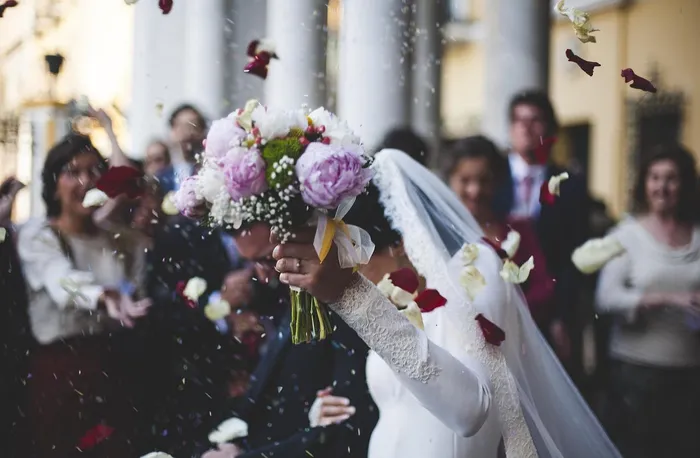Battle of two wives: SCA dismisses woman who used ID document as proof of customary marriage

SCA rules that an ID is not a substitute for a marriage certificate and does not independently validate a marriage.
Image: Pixabay
The Supreme Court of Appeal (SCA) has ruled that an identity document (ID) is not a substitute for a marriage certificate and does not independently validate a marriage.
The ruling comes from a contentious battle between two widows over the marital status of their late husband, Ndavheleseni Lazarus Tshivhase.
The saga unfolded when Azwihangwisi Francinah Tshivhase, claiming to be the first wife, sought a court order to affirm her marriage to the deceased under customary law, highlighting that they had married in 1966 and remained wed at the time of his death.
Meanwhile, the second wife, Thimbiluni Elizabeth Tshivhase, contended that her civil marriage to the deceased, which took place in 1977, should be recognised as the lawful union.
Initially, the Limpopo High Court in Thohoyandou sided with Francinah, accepting a page from her ID issued by the former Republic of Venda as proof of her customary marriage. The judge deemed this documentation as prima facie evidence, subsequently declaring Elizabeth’s civil marriage void.
However, this ruling prompted Elizabeth to appeal to the SCA, arguing that an ID cannot suffice as proof of a marriage.
Upon reviewing the case, the full bench (more than three judges) noted that while Francinah's ID contained her identification number, it failed to explicitly confirm that she and the deceased were married under customary law. Furthermore, the judges observed procedural issues surrounding the validity of the alleged customary marriage, noting that at the time of their supposed marriage, Ndavheleseni was under 18 and would have required parental consent—a detail left unaddressed by Francinah regarding who assisted him to conclude and register the marriage.
The judges added that this was one of the legal pre-requisites for a valid customary marriage and formed part of what the respondent was required to prove. Moreover, it was held that the marriage could only be registered if the registering officer was satisfied that Francina and the deceased had concluded a valid customary marriage according to the applicable customary law requirements.
Despite the original court’s acceptance of the ID as proof, the SCA found significant gaps in Francinah’s evidence. She did not provide any details regarding the necessary customs and rituals that would validate a customary marriage according to Venda law.
"She also did not provide details of what had transpired, when and where to demonstrate that the traditional rituals and celebrations occurred in terms of Venda Law had been observed. In short, the ID was not a marriage certificate.
"It, therefore, on its own, did not amount to prima facie proof that the respondent (Francinah) and the deceased were married under customary law. Thus, the respondent was obliged to prove the marriage through other means, which she failed to do," read the judgment.
Consequently, the ruling by the high court was set aside.
sinenhlanhla.masilela@iol.co.za
IOL News
Get your news on the go. Download the latest IOL App for Android and IOS now.
Related Topics: